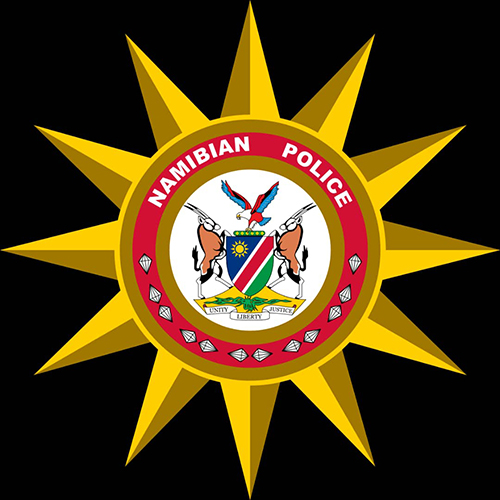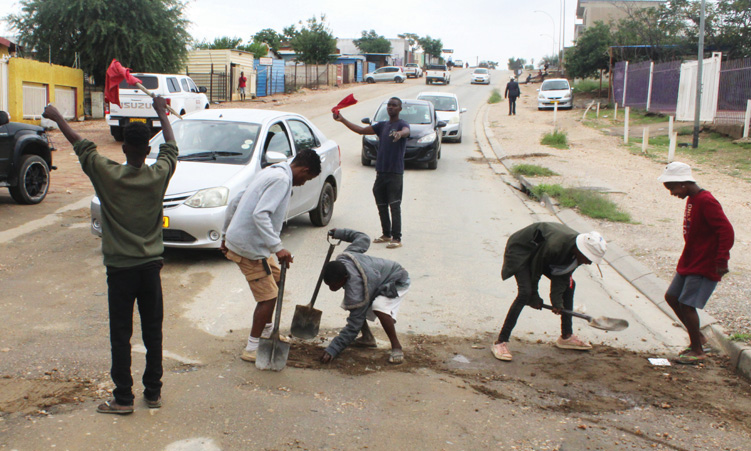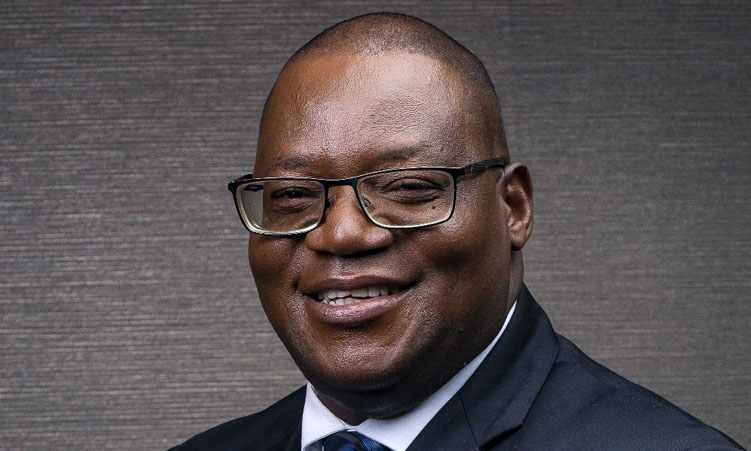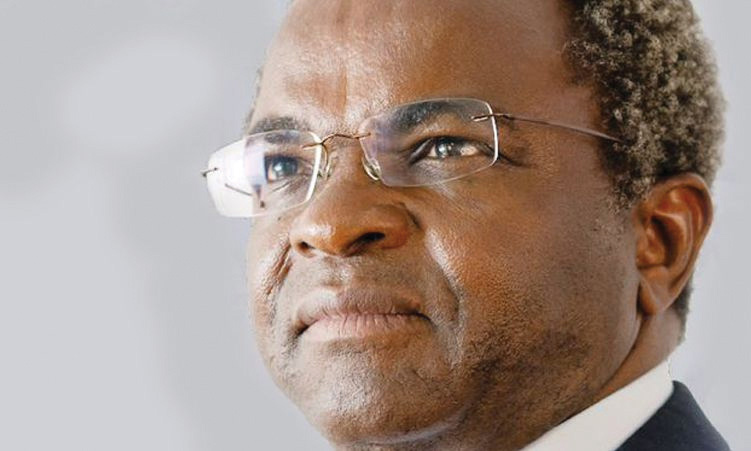WITH the appointment of a Director General, there comes an opportunity for new and fresh thinking about the future of the Namibian Broadcasting Corporation.
It has, in recent years, been beset by numerous problems – staff shortages and lack of skills training, financial issues, a decline in advertising, and, perhaps most ominously, an increased perception by the public and even politicians that the Corporation, rather than providing a much-needed public service, is becoming merely a drain on the State coffers. The debate about what a public broadcaster is, and what the justification for its existence might be, is not confined to Namibia.Throughout the globe, there is increasingly a re-think about the role and funding of a public broadcaster, and debate about what it should be doing in order to justify its existence.Indeed, the Media Institute of Southern Africa (MISA) took as its theme for their annual conference in 2004 Serving the Public: Transforming State Media to Serve the Public Interest.In South Africa, the SABC (in many ways the birth-mother of the SWABC, now the NBC), has swung full circle away from a reliance on state funding, something which numerous Namibian ministers have also encouraged for the NBC, although with little effect.Less than one per cent of the SABC’s income now comes from government.(Source: SABC Annual Report – Chief Financial Officer’s Report 2005).The SABC CEO has made it clear that the concept of cross-subsidisation is key.Essentially this means that commercial programmes are broadcast (commercial units include the SABC 3 television channel, and commercial radio stations 5 FM and Metro FM), but money generated through this process is then used to help the broadcaster fulfil its public service mandate.And this issue of funding is core to the future of the NBC.There has been talk in the past of establishing a commercial radio station, the creation of a second (commercial) television channel (NBC 2), allowing NBC 1 to focus more on public-service issues, and a move away from programme production (something which the SABC, for example, has almost entirely outsourced to private production companies) and instead reaping financial benefits by hiring out existing broadcasting infrastructure and technical expertise.Linked to funding, of course, is credibility and editorial independence.The manner in which the NBC board is appointed should be a matter of public involvement, and not left in the hands of one person (the Minister) as is the case at present.With an independent board representing the public, journalists in the Corporation will have the confidence to fulfil their public mandate and be free to report events in the public interest, without fear or favour.If information is indeed the most valuable quantity in this 21st century, then the NBC is standing in a unique and extremely powerful position to gather and distribute that information, not only for its own benefit, but for the benefit of the entire Namibian nation.New technologies (internet, SMS, cellphone) now allow broadcasters to distribute much-needed information throughout the country in local languages at very low cost to subscribers.The SABC, for instance, has breaking news alerts, examination results and business directories all delivered via SMS.It fulfils a public need and thus tallies with the public broadcasting mandate, yet also becomes an increasing source of revenue.With the myriad of languages in Namibia, the NBC’s ability to source content from throughout the country is a strategic strength, but more importantly it also has the manpower and resources to translate that information and distribute it via these new technologies in a manner few other organisations in Namibia can manage.Indeed, the NBC needs to look at such strengths as these, and focus on what it is uniquely able to do.This focus on local languages is perhaps the NBC’s greatest strength, and few would begrudge funding, even State funding, to continue the operations of NBC radio language services (although a re-positioning of these stations to move away from the old apartheid labels that still exist today is urgently needed).Even with new technologies, radio remains the staple medium for most Namibians, and radio in local languages is listened to with an unrivalled intensity.That captive audience, of course, is also a unique attraction for advertisers, who will pay considerable premiums to have access to such a diverse, yet passionate listenership.Where NBC faces most criticism is in its most costly area of operation – television.When the SWABC established television in the early 1980s, there were clear political, even military objectives.Indeed, it could be argued that the considerable expense used to set up such a channel was mainly justified in terms of the propaganda war being fought in the country (a battle for the ‘hearts and minds’ of the population).But with the establishment of new broadcasters (One Africa TV, TBN), and pay ‘narrowcasters’ (DStv), many viewers are now questioning the necessity of an NBC TV channel.Many of the programmes traditionally the strength of NBC TV (sport, soap operas, the Miss Namibia pageant, local music, etc) are now shown on One Africa TV, and the station is able to do this at absolutely no cost to the taxpayer and without demanding TV licence fees from their viewers.The only area where they are yet to have local content is in the area of news, but even that is soon to change with the appointment of a team that has been tasked with establishing independent commercial Namibian news broadcasts on the channel.Increasingly, therefore, NBC TV is going to find the reasons for its existence drying up, and the new DG will have to carefully re-examine the future role and existence of NBC TV.Is it necessary for us to have that channel at all? Would it not make more sense to use NBC production facilities and equipment to help other broadcasters making local productions? The SABC has done exactly this, and its outside broadcast facilities – a separate commercial entity called Airtime – are regularly hired out to other broadcasters and production houses.The result, for the viewer, would be little different from what they are watching at the moment, presuming that the NBC could assist One Africa TV and TBN with a vigorous expansion of coverage using the existing transmitter and relay network (which would also be yet another stream of revenue for the NBC, and could also be commercialised, like Sentech in South Africa).In addition, Namibian owners of television sets would be relieved of the burden of an annual ‘licence fee’, and the NBC would become less reliant on State funding, possibly even self-supporting.Indeed, with the money saved, more focus could be put on radio, and, for instance, the establishment of that commercial radio station to create revenue for the Corporation, and a change in focus of NBC National Radio towards relays of parliamentary activities, debates and other matters of national importance.This would also solve the problem of politicians complaining either about their faces not appearing, or their empty chairs appearing on television! Surely most important is the issue being discussed, and not necessarily seeing the politicians’ faces.Television experts agree that a parade of ‘talking heads’ on the screen is just about the most unwatchable television imaginable.In redefining the role of the public broadcaster, the new Director General will no doubt face battles.Government has, in the past, been reluctant to relinquish control over what they obviously see as ‘their’ property.However, the days of the propaganda war are now over, and we have moved into a new age of democracy, choice and openness.That must now also be reflected in the structure of media institutions in our country, offering listeners and viewers a wide range of opinions and thoughts, thus following the SADC guidelines agreed upon with the Windhoek Declaration of the early 1990s.As Namibians we are almost there, and serve as an inspiration for many media practitioners on the continent.With clear direction and bold moves, the NBC will be able to grasp this changed media environment and exploit it to the benefit not only of the Corporation and its dedicated staff, but also the country as a whole.* Robin Tyson is Lecturer in Media Studies at the University of Namibia and Chairperson of MISA Namibia.The debate about what a public broadcaster is, and what the justification for its existence might be, is not confined to Namibia.Throughout the globe, there is increasingly a re-think about the role and funding of a public broadcaster, and debate about what it should be doing in order to justify its existence.Indeed, the Media Institute of Southern Africa (MISA) took as its theme for their annual conference in 2004 Serving the Public: Transforming State Media to Serve the Public Interest.In South Africa, the SABC (in many ways the birth-mother of the SWABC, now the NBC), has swung full circle away from a reliance on state funding, something which numerous Namibian ministers have also encouraged for the NBC, although with little effect.Less than one per cent of the SABC’s income now comes from government.(Source: SABC Annual Report – Chief Financial Officer’s Report 2005).The SABC CEO has made it clear that the concept of cross-subsidisation is key.Essentially this means that commercial programmes are broadcast (commercial units include the SABC 3 television channel, and commercial radio stations 5 FM and Metro FM), but money generated through this process is then used to help the broadcaster fulfil its public service mandate.And this issue of funding is core to the future of the NBC.There has been talk in the past of establishing a commercial radio station, the creation of a second (commercial) television channel (NBC 2), allowing NBC 1 to focus more on public-service issues, and a move away from programme production (something which the SABC, for example, has almost entirely outsourced to private production companies) and instead reaping financial benefits by hiring out existing broadcasting infrastructure and technical expertise.Linked to funding, of course, is credibility and editorial independence.The manner in which the NBC board is appointed should be a matter of public involvement, and not left in the hands of one person (the Minister) as is the case at present.With an independent board representing the public, journalists in the Corporation will have the confidence to fulfil their public mandate and be free to report events in the public interest, without fear or favour.If information is indeed the most valuable quantity in this 21st century, then the NBC is standing in a unique and extremely powerful position to gather and distribute that information, not only for its own benefit, but for the benefit of the entire Namibian nation. New technologies (internet, SMS, cellphone) now allow broadcasters to distribute much-needed information throughout the country in local languages at very low cost to subscribers.The SABC, for instance, has breaking news alerts, examination results and business directories all delivered via SMS.It fulfils a public need and thus tallies with the public broadcasting mandate, yet also becomes an increasing source of revenue.With the myriad of languages in Namibia, the NBC’s ability to source content from throughout the country is a strategic strength, but more importantly it also has the manpower and resources to translate that information and distribute it via these new technologies in a manner few other organisations in Namibia can manage.Indeed, the NBC needs to look at such strengths as these, and focus on what it is uniquely able to do.This focus on local languages is perhaps the NBC’s greatest strength, and few would begrudge funding, even State funding, to continue the operations of NBC radio language services (although a re-positioning of these stations to move away from the old apartheid labels that still exist today is urgently needed).Even with new technologies, radio remains the staple medium for most Namibians, and radio in local languages is listened to with an unrivalled intensity.That captive audience, of course, is also a unique attraction for advertisers, who will pay considerable premiums to have access to such a diverse, yet passionate listenership.Where NBC faces most criticism is in its most costly area of operation – television.When the SWABC established television in the early 1980s, there were clear political, even military objectives.Indeed, it could be argued that the considerable expense used to set up such a channel was mainly justified in terms of the propaganda war being fought in the country (a battle for the ‘hearts and minds’ of the population).But with the establishment of new broadcasters (One Africa TV, TBN), and pay ‘narrowcasters’ (DStv), many viewers are now questioning the necessity of an NBC TV channel.Many of the programmes traditionally the strength of NBC TV (sport, soap operas, the Miss Namibia pageant, local music, etc) are now shown on One Africa TV, and the station is able to do this at absolutely no cost to the taxpayer and without demanding TV licence fees from their viewers.The only area where they are yet to have local content is in the area of news, but even that is soon to change with the appointment of a team that has been tasked with establishing independent commercial Namibian news broadcasts on the channel.Increasingly, therefore, NBC TV is going to find the reasons for its existence drying up, and the new DG will have to carefully re-examine the future role and existence of NBC TV.Is it necessary for us to have that channel at all? Would it not make more sense to use NBC production facilities and equipment to help other broadcasters making local productions? The SABC has done exactly this, and its outside broadcast facilities – a separate commercial entity called Airtime – are regularly hired out to other broadcasters and production houses.The result, for the viewer, would be little different from what they are watching at the moment, presuming that the NBC could assist One Africa TV and TBN with a vigorous expansion of coverage using the existing transmitter and relay network (which would also be yet another stream of revenue for the NBC, and could also be commercialised, like Sentech in South Africa).In addition, Namibian owners of television sets would be relieved of the burden of an annual ‘licence fee’, and the NBC would become less reliant on State funding, possibly even self-supporting.Indeed, with the money saved, more focus could be put on radio, and, for instance, the establishment of that commercial radio station to create revenue for the Corporation, and a change in focus of NBC National Radio towards relays of parliamentary activities, debates and other matters of national importance.This would also solve the problem of politicians complaining either about their faces not appearing, or their empty chairs appearing on television! Surely most important is the issue being discussed, and not necessarily seeing the politicians’ faces.Television experts agree that a parade of ‘talking heads’ on the screen is just about the most unwatchable television imaginable.In redefining the role of the public broadcaster, the new Director General will no doubt face battles.Government has, in the past, been reluctant to relinquish control over what they obviously see as ‘their’ property.However, the days of the propaganda war are now over, and we have moved into a new age of democracy, choice and openness.That must now also be reflected in the structure of media institutions in our country, offering listeners and viewers a wide range of opinions and thoughts, thus following the SADC guidelines agreed upon with the Windhoek Declaration of the early 1990s.As Namibians we are almost there, and serve as an inspiration for many media practitioners on the continent.With clear direction and bold moves, the NBC will be able to grasp this changed media environment and exploit it to the benefit not only of the Corporation and its dedicated staff, but also the country as a whole.* Robin Tyson is Lecturer in Media Studies at the University of Namibia and Chairperson of MISA Namibia.
Stay informed with The Namibian – your source for credible journalism. Get in-depth reporting and opinions for
only N$85 a month. Invest in journalism, invest in democracy –
Subscribe Now!










